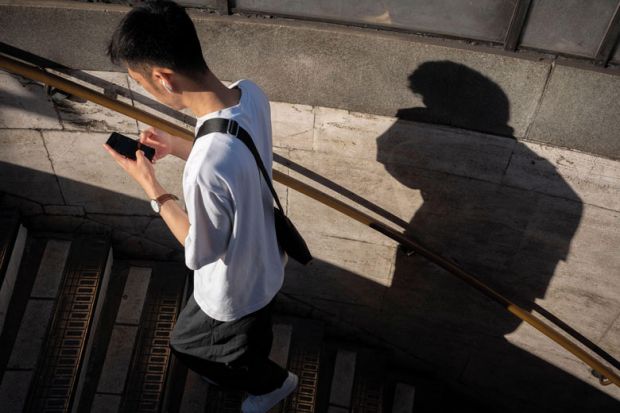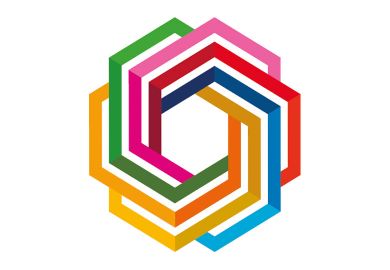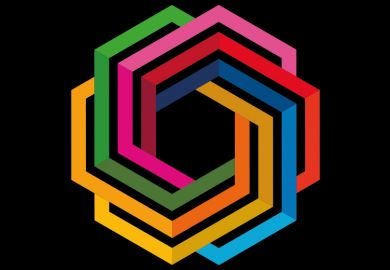A national help desk for academics facing harassment because of their work has been launched in the Netherlands, raising hopes that by handling complaints collectively the authorities will be able to respond better.
The SafeScience website and helpline are designed to help academics get support from their institution within one working day if they are threatened, intimidated or abused because of their teaching, research or outreach activities. They can also call a 24-hour number in emergencies.
Launched in early November by Universities of the Netherlands (UNL), the Dutch Research Council and the Royal Netherlands Academy of Arts and Sciences, the service had already received nine reports at the time of writing.
“Scientists fulfil a crucial social function. It is unacceptable that they should be confronted with threats, intimidation and hate reactions in their work,” said UNL president Pieter Duisenberg. “Our democratic values will be affected if this prevents scientists from participating in the public debate.”
Anti-intellectual intimidation has been growing in range and severity in the Netherlands in recent years. The radical right party Forum for Democracy launched its own hotline in 2019 to report supposed left-wing “indoctrination” by university lecturers.
In 2021, the group Vizier Op Links (Sights on the Left) began targeting public figures on the left by posting stickers at their homes saying “This location is being watched”.
Meanwhile, the pandemic prompted a broader anti-authoritarian pushback against lockdowns and vaccination, some of which has targeted academics.
Roland Pierik, professor of legal philosophy at Maastricht University, faced a deluge of threats after his support for mandatory vaccination attracted the ire of Willem Engel, an activist and founder of Viruswaanzin (Virus Madness).
Professor Pierik said the new helpline might help universities and authorities to identify repeat offenders.
“There might only be a few people in the Netherlands who do this [harassment], and if all the complaints go to the same place, they could realise it’s the same person. Adding up all those different threats could make a stronger case for the police,” he said.
Aside from the practical benefits, a high-profile national effort can help to soften the emotional toll of harassment, Professor Pierik added. “Then it’s less personal. If you can contact an organisation that’s focused on this, then it’s not only about me, but it goes back to the system again. I think that’s very good.”
Many universities in the Netherlands have assembled teams that include security, human resources, legal and communications staff to assist academics in the event of harassment. Professor Pierik said the University of Amsterdam, his old employer, had developed support early because former colleagues researching far-right parties were being regularly harassed. Maastricht was now doing the same, he added.
“They can tell you what to do, so you don’t have to reinvent the wheel, and they support you morally and practically, if needed. They help you find and pay for a lawyer, and that takes away most of the stress you have,” he said.





